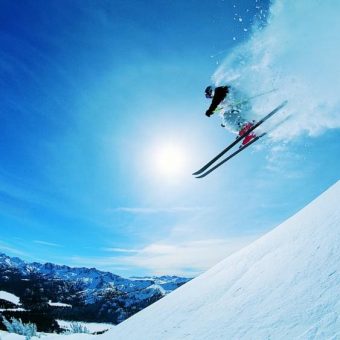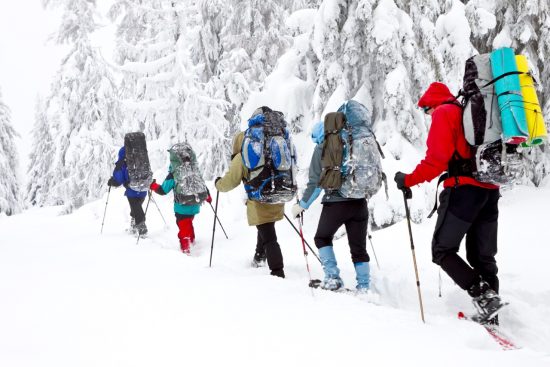Protect Your Eyes from UV Rays This Winter 2025
Winter update 2025. With Vancouver’s first snow dump just around the corner, it’s time to gear up for winter activities. While the cooler months might seem less concerning for UV exposure, your eyes still need protection from harmful rays—even on cloudy days. Don’t let overcast skies fool you; UV rays penetrate through thin cloud cover, scattering in water droplets but still reaching your eyes if the clouds aren’t dense enough.

Why UV Protection Is Essential in Winter
Snow reflects light, including UV rays, and can double your exposure to harmful radiation. This effect is similar to being near water in the summer, where reflection intensifies the light entering your eyes. Without proper protection, you risk short-term discomfort and long-term eye damage, like snow blindness (photokeratitis) or even an increased risk of cataracts and retinal damage over time.
Winter Sports and UV Exposure
If you’re hitting the slopes for snowboarding, skiing, or hiking, invest in proper eye protection. Goggles are your best bet, offering full coverage that blocks UV rays from sneaking in at any angle. Sunglasses can work too, but ensure they have 100% UV protection and wraparound frames for maximum coverage.
Choosing the Right Lenses for Winter
The right lenses can make a huge difference in both protection and visibility. Here’s a breakdown of your options:
- Pink Lenses: Ideal for sunny winter days, they enhance clarity and contrast, making them perfect for spotting moguls or uneven terrain.
- Polarized Lenses: Reduce glare from snow and ice, improving comfort and visibility in bright conditions.
- Mirrored Lenses: Reflect more light off the lens surface, letting in less light overall—great for especially bright days.
- Yellow or Brown Lenses: These improve contrast in low-light or overcast conditions, though they don’t match the clarity of pink lenses.
UV Protection Beyond Sports
UV protection isn’t just for winter sports enthusiasts. Everyday activities like walking, driving, or running errands in snowy areas can also expose your eyes to harmful UV rays. To stay safe:
- Wear a hat with a visor to shield your eyes.
- Use sunglasses with 100% UV protection, even on cloudy days.
- Consider UV-blocking contact lenses if you wear them.

Key Tips for Winter Eye Care
- Always check that your eyewear blocks 100% of UVA and UVB rays.
- Keep your eyewear clean and scratch-free to maintain optimal visibility.
- Don’t forget to hydrate—cold air and wind can dry out your eyes. Use artificial tears if needed.
Final Thoughts
Protecting your eyes from UV damage in winter is just as important as during summer. Whether you’re enjoying the mountains or running everyday errands, the right eyewear keeps your vision sharp and your eyes safe.
If you’re unsure about what protection works best for you, visit Wink Optometry, your trusted Burnaby eye clinic. We’re here to help you choose the perfect eyewear for your winter adventures.

